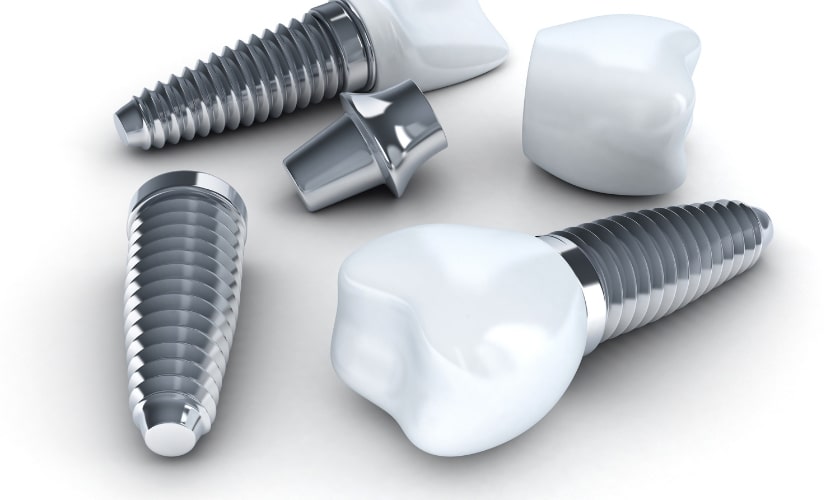Dental implants are a remarkable solution for restoring a natural-looking smile and regaining optimal oral function. However, just like natural teeth, they require proper care to ensure their longevity and your overall oral health. Whether you’re new to dental implants or a long-time recipient, understanding the dos and don’ts of caring for your dental implants is essential. In this guide, we’ll explore the best practices for maintaining your dental implants and avoiding common pitfalls.
The Dos:
Brush and Floss Regularly:
Regular oral hygiene is essential for maintaining the health of dental implants, akin to caring for natural teeth. Dentist in Garland recommends brushing and flossing regularly to eliminate plaque and food debris. Utilize a soft-bristled toothbrush and non-abrasive toothpaste to clean around the implant crown and along the gumline. Additionally, Family Dentists emphasize the importance of flossing to access areas between implants and adjacent teeth, crucial for preventing gum disease and ensuring the success of the procedure dental implants.
Use Interdental Brushes or Water Flossers:
Interdental brushes or water flossers can be effective tools for cleaning around dental implants, especially in areas where traditional floss may be difficult to reach. Incorporate these tools into your daily oral hygiene routine to maintain optimal cleanliness and prevent gum disease.
Attend Regular Dental Check-ups:
Schedule regular check-ups with your dentist to monitor the health of your dental implants and surrounding tissues. Your dentist will assess the stability of the implants, perform professional cleanings, and address any concerns or issues before they escalate.
Maintain a Healthy Diet:
A balanced diet rich in vitamins and minerals is essential for maintaining strong and healthy dental implants. Incorporate foods high in calcium, vitamin D, and antioxidants to support bone health and reduce the risk of implant failure.
Wear a Nightguard (if recommended):
If you have a habit of grinding or clenching your teeth, wearing a nightguard can help protect your dental implants and prevent damage. Consult your dentist to determine if a nightguard is necessary based on your individual needs.
The Don’ts:
Avoid Hard or Sticky Foods:
Refrain from biting into hard or sticky foods that can exert excessive force on your dental implants and increase the risk of damage or loosening. Opt for softer alternatives and cut food into smaller pieces to reduce strain on the implants.
Don’t Smoke or Use Tobacco Products:
Smoking and using tobacco products can significantly compromise the success of dental implants by inhibiting proper healing and increasing the risk of implant failure. Avoid smoking or using tobacco in any form to promote optimal healing and long-term implant stability.
Avoid Excessive Alcohol Consumption:
Excessive alcohol consumption can have detrimental effects on oral health, including increased risk of gum disease and implant failure. Limit your alcohol intake and maintain moderation to support the health and longevity of your dental implants.
Don’t Skip Dental Appointments:
Regular dental check-ups are crucial for monitoring the condition of your dental implants and addressing any issues promptly. Skipping appointments can result in undetected problems that may escalate and compromise the success of your implants.
Don’t Ignore Signs of Trouble:
Pay attention to any changes or discomfort around your dental implants, such as pain, swelling, or loosening. Ignoring these signs could indicate underlying issues that require prompt attention from your dentist. Contact your dentist immediately if you experience any concerns or abnormalities.
By following these dos and don’ts of caring for your dental implants, you can maintain their health and functionality for years to come. Remember to prioritize regular oral hygiene, attend dental check-ups, and seek professional guidance whenever necessary to ensure the long-term success of your dental implant investment. With proper care and attention, your dental implants can continue to enhance your smile and quality of life for the long haul.

